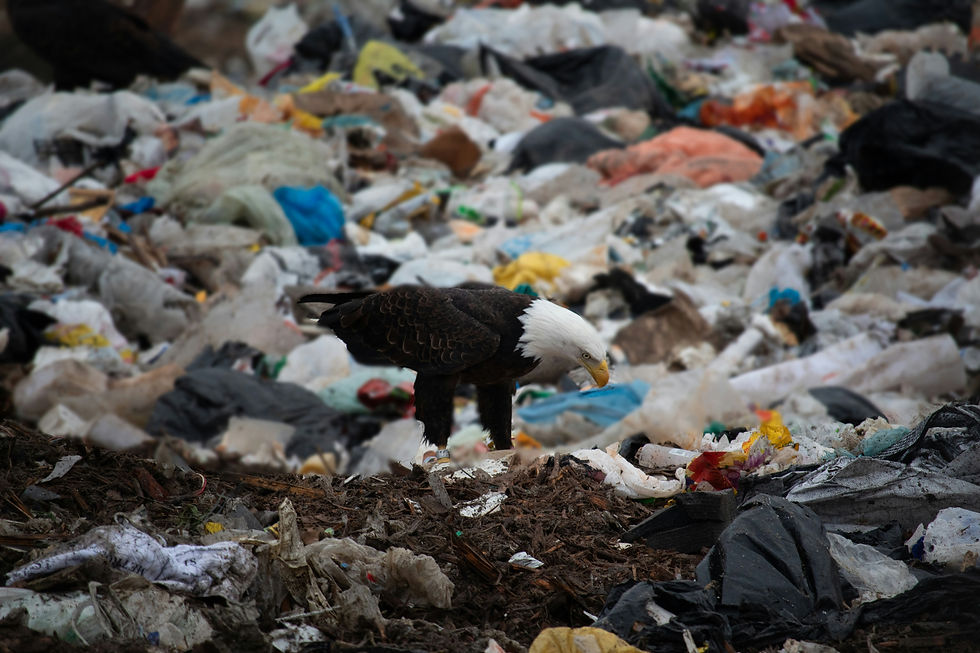The Global Food Waste Crisis: More Than Just Hunger
- London Food Coalition

- Nov 17, 2025
- 2 min read

Despite a growing global hunger crisis, approximately one-third of all food produced worldwide is wasted. Food waste refers to edible food that is discarded, lost, or left uneaten at any stage of the supply chain, from production and processing to retail and consumption. While the causes vary by region, the effects are universal. In lower-income countries, food waste often results from inadequate infrastructure, such as poor storage and transportation systems, leading to spoilage. In higher-income countries, the primary contributors are consumer behaviour and inefficiencies in retail practices.
Although food waste is often viewed as a humanitarian issue tied to hunger, its environmental consequences are equally pressing. When food ends up in landfills and decomposes, it produces methane, a potent greenhouse gas. Methane traps heat from the sun in the atmosphere and contributes to about 20% of global greenhouse gas emissions. Alarmingly, emissions from food waste alone account for roughly one-third of all greenhouse gases linked to human activity.
The environmental impact of food waste extends beyond emissions. The production of food consumes vast natural resources—resources that are wasted when food is thrown away. Agriculture uses approximately 70% of the world’s freshwater supply. When food is wasted, so is the 21% of freshwater used in its production. Additionally, the land required to grow crops and raise livestock for food that ultimately goes uneaten represents 18% of global cropland. Food waste also occupies 21% of landfill space, further exacerbating land-use pressures. Beyond land and water, food waste squanders other inputs like fuel and fertilizers, multiplying its ecological footprint.
In summary, food waste is not just an ethical or economic issue; it is a major environmental challenge. If left unaddressed, it will accelerate ecosystem degradation, contribute significantly to climate change, and reduce the availability of vital natural resources such as arable land and water. Global, coordinated efforts are urgently needed to reduce food waste and implement sustainable practices throughout the food supply chain. Without decisive action, the consequences for our planet could be severe and irreversible.
What can you do to help prevent food waste? There are several practical steps you can take at home to reduce food waste. Start by planning meals thoughtfully to purchase only what you need. Proper food storage and mindful attention to expiration dates can also help extend the life of your groceries. And when food does need to be discarded, consider composting as a sustainable alternative to throwing it in the trash, giving it a second life while reducing your environmental impact.




Comments